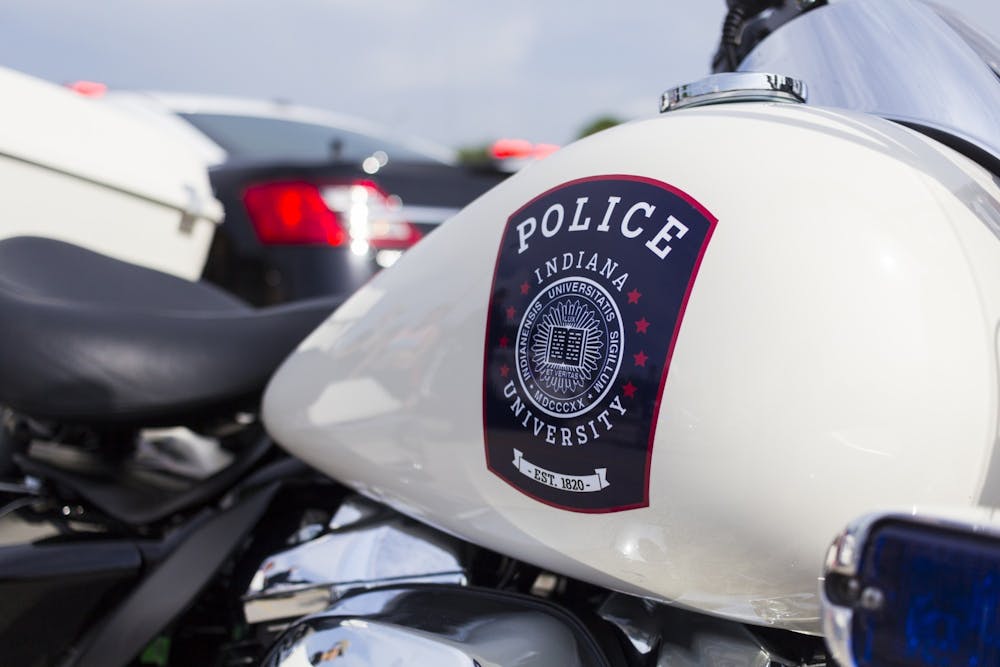The IU Police Department said its policy to not include specific locations of sexual assaults on its public crime log is to protect survivors, which comes as sexual assault cases continue to increase this semester.
According to IU NewsNet’s Sept. 30 report, IUPD changed its policy to no longer name specific locations of reported sexual assaults on its public crime log.
In response to the report, IUPD Chief Jill Lees said the department’s best practice is to not include specific locations of sexual assaults since at least March 2019 when she assumed her current position.
“This is not a new policy,” she said. “This is something that is very common practice at other universities and municipalities to protect the survivor coming forward to make a report.”
Lees said including specific locations for sexual assaults might discourage students from reporting them to the department.
“There are students that really want us to provide the exact place and location these crimes are occurring, but our number one safety and priority is the survivor,” she said. “If we give exact locations on things, we feel like that survivors might not feel as comfortable to come forward and file a report with IUPD.”
According to IU NewsNet, IUPD named at least 26 specific locations for on-campus sexual assaults in 2020, including the names of residence halls and greek houses. Between October and November 2020, IUPD named on its public crime log the residence halls where eight of the nine sexual assaults took place, according to archived crime logs the IDS obtained.
IUPD Deputy Chief Shannon Bunger said in an email IUPD would provide the exact location of a sexual assault case if it cannot identify or jeopardize the individual who reported the assault. He said every IUPD sexual assault crime notice is evaluated by multiple university officials outside IUPD, written in compliance with federal regulations and sent out in communication with the individual reporting the assault. He said IUPD does not know and cannot report the exact locations of sexual assaults for some cases.
Bunger said some sexual assaults are reported to IUPD anonymously through Campus Security Authorities or through sexual assault forensic exams at local hospitals.
Under the Clery Act, institutions may withhold any required details of the crime log if making them public would jeopardize the confidentiality of the victim or the safety of an individual, according to IUPD’s website.
Lees denied the allegations that IUPD intends to protect fraternities by not naming specific locations where sexual assaults took place.
“No, it’s not the case,” she said. “We’re victim-centric, and we’re trying to focus on the survivor.”
According to the IUPD crime log, as of Oct. 9, 15 sexual assault cases and nine sexual batteries have been reported since the fall semester began Aug. 19. A total of 22 on-campus sexual assaults were reported in 2020, according to the 2020 IU Annual Security and Fire Safety Report.
Lees said the threat of sexual assault on the Bloomington campus is serious and has increased this year. She said IUPD welcomes members of the IU community to voice their concerns to the department.
“We are for students, and we want to ensure student safety,” she said. “If students have a displeasure or want to voice their concern, we’re here to listen as well.”
Allyson McBride contributed reporting.




